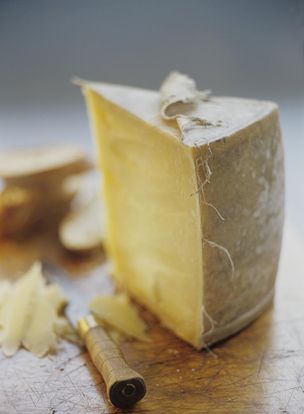8 weeks and 4 days pregnant

Only For Pro
Reviewed by expert panel
In the upper limb buds, the flat expansion that will form the hand can be identified. The fingers are becoming more distinct and there will now be the first signs of movement at the elbows.
Your baby’s bones are beginning to develop – and they will continue to lengthen from now until his teenage years.
You won’t be aware of your developing baby’s activities inside the uterus for some months yet, but the fact that his elbows are forming allows him to make some small movements; the wrists do not yet move.
Your baby is looking more human by the day. His vertebrae and ribs are now in place, and his fingers are gradually lengthening. His body is less curled up than it was a few weeks ago.
The skeleton will gradually calcify and harden. With the exception of the cranial skull bones, all your baby’s bones have a soft cartilage core that will later be reabsorbed as it is converted into hard bone. This process of hardening, known as ossification, starts in so-called primary ossification centres during the next five weeks of your pregnancy. Within these primary centres, specialized cells form spongy then hard bone as calcium salts are laid down. Within the hard bone is red bone marrow, which in later weeks will become the main producer of the baby’s red blood cells.
Secondary ossification centres develop in the second trimester at the ends of each of your baby’s bones.
The portion of bone between the hardening primary and secondary centres is known as the growth plate. This plate is responsible for the continued lengthening of your unborn baby’s bones.
If being pregnant gets you down at times, try a dietary boost. Happy, relaxed people tend to have high levels of serotonin, a brain chemical that is produced when you are consuming protein-rich foods. So eat meat (especially turkey), fish, pulses, and well-cooked eggs.
Eating foods that are rich in vitamin B, such as bananas and avocados, can also help to increase your serotonin levels.
Tired of being told what you can’t eat?
It is a common myth that eating cheese harms the unborn baby. Only blue cheeses and those with a mould-ripened crust, such as brie, chèvre, and camembert, are potentially dangerous because they increase the risk of listeria (a rare bacterium that can attack the baby).
All other types of cheese pose no danger and are regarded as a good source of calcium.
So, while there are some cheeses you should avoid eating, you can enjoy all of the following:
-
Hard cheese, such as Cheddar and parmesan
-
Feta
-
Ricotta
-
Mascarpone
-
Cream cheese
-
Mozzarella
-
Cottage cheese
-
Processed cheese, such as spreads.

Be the first to support
Be the first to share
Comment (0)
Related Blogs & Vlogs
No related events found.
Loading more...